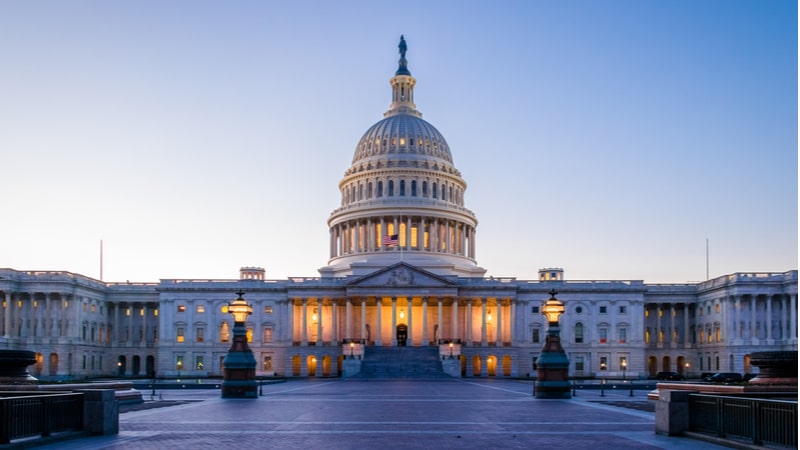
A bipartisan bill aimed at strengthening U.S. cryptography research and accelerating the deployment of quantum-resistant encryption cleared the House Science, Space, and Technology Committee last week. The bill now heads to the full House for further consideration.
The Post-Quantum Cybersecurity Standards Act, first introduced in May by Rep. Haley Stevens, D-Mich., and co-sponsored by Rep. Claudia Tenney, R-N.Y., is designed to revise key Federal cybersecurity laws to help the country prepare for the security challenges posed by quantum computing.
The legislation would amend both the National Quantum Initiative Act and the Cyber Security Research and Development Act and instruct the National Institute of Standards and Technology (NIST) to assist high-risk entities – such as critical infrastructure providers – in implementing encryption tools that remain secure even against quantum-level computing power.
NIST would also be empowered to offer technical assistance “as practicable,” and potentially administer grants to help vulnerable sectors adopt new post-quantum standards.
The move comes amid growing concerns that the arrival of quantum computers – which can rapidly break current encryption methods – could render current cybersecurity protections obsolete.
In anticipation of that future, NIST has already begun designating quantum-resistant encryption technologies, and is urging private sector partners to transition to these more secure standards before it’s too late.
“This bill ensures America is never and not going to be caught flat-footed,” said Committee Chairman Brian Babin, R-Texas, during the June 11 markup session. “It promotes smart planning, informs necessary updates in cryptography, and increases coordination across sectors to secure our digital infrastructure before threats emerge – not after.”
